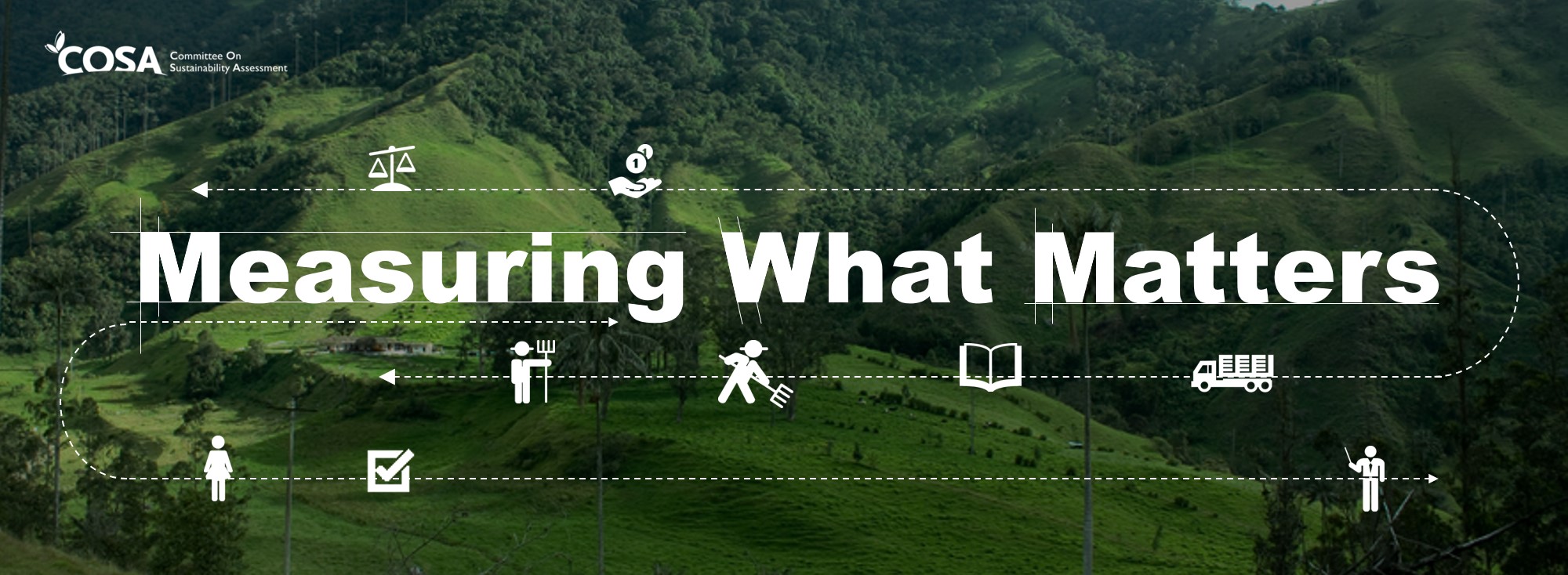Rachel Bruce, a COSA Volunteer
This year, December 10th not only marks the annual celebration of Human Rights Day but also the kick-off of a year-long campaign to memorialize the 70th anniversary of the adoption of the Universal Declaration of Human Rights. In 1948, this document sought to define and declare those inalienable rights that we as humans, no matter our color, race, sex, or religion, are born with and entitled to. This declaration called for universal recognition and respect for our human rights, a fight which continues to be prevalent to this day.

This significant document states, “Everyone has the right to a standard of living adequate for the health and well-being of himself and of his family, including food, clothing, housing and medical care and necessary social services, and the right to security in the event of unemployment, sickness, disability, widowhood, old age or other lack of livelihood in circumstances beyond his control.” This standard of living encompasses universal rights to education, just and favorable working conditions, and the right to equal pay for equal work without discrimination. Each article within the Universal Declaration of Human Rights emphasizes the dignity and respect that each and every human being is due, simply for being human.
As a part of our mapping strategy, COSA and its partners seek to identify and measure indicators of essential human rights such as food security, labor rights, education, living conditions, and issues related to women and youth in smallholder agricultural settings. For example, COSA uses indicators such as the time spent by children working on crop production, and the number of household members through age 18 who have completed the appropriate education grade level for their age, as well as women representation and engagement in decision making, training, etc. to better measure how universal rights like labor rights, education, and gender are being recognized in diverse agricultural systems.
Similarly, the Producer Organization assessment tools applied by COSA and its research partners are designed to be used in combination with COSA’s farmer level surveys to gain a complete understanding of the diverse impacts of participating in supply chains. COSA defines a “sustainable” Producer Organization as one that combines good governance and sufficient economic activity to support necessary social and environmental services that benefit their members and the enterprise. Striving for sustainability goes hand in hand with protecting the human rights of all members within the Producer Organization.
COSA’s measurement tools lay the groundwork for better understanding human rights within agricultural supply chains. This data can then help lead organizations to better ensure the protection of those inalienable human rights and to create solutions where the protection of those rights falls short.





